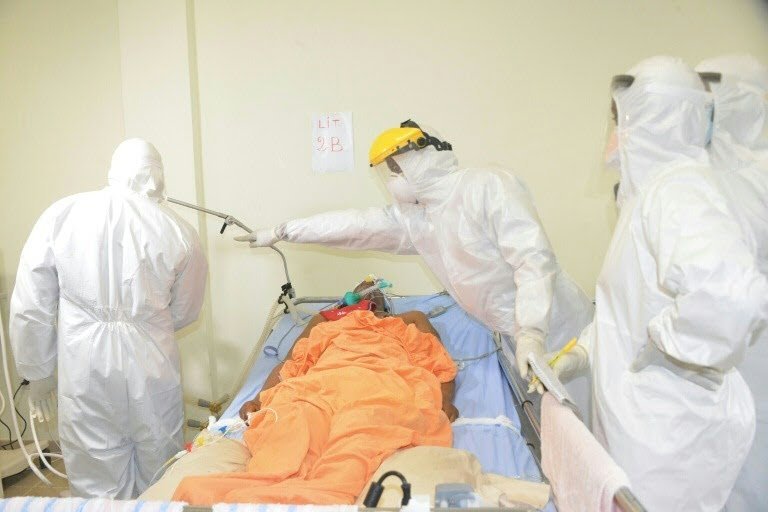The Marburg virus epidemic in Equatorial Guinea has claimed the lives of 20 people, according to the World Health Organization (WHO).
The deadly virus, which is almost as fatal as Ebola, has spread from the province of Kie-Ntem to Bata, the economic capital of Equatorial Guinea, resulting in the need for intensified response efforts to avoid a large-scale epidemic and loss of life.
The Equatoguinean government announced that between the 11th and 20th of March, eight cases of the virus were confirmed, six of which resulted in fatalities.
The outbreak, which was first reported on 7 January, has now spread to three of the four mainland provinces, from the east to the Atlantic Ocean.
To that effect, Bata, which happens to be a port on the Gulf of Guinea with a population of approximately 250,000, is affected, according to the government.
Surprisingly, The case fatality rate is up to 88%, and there is no approved vaccine or antiviral treatment for the virus.
However, supportive care, including oral or intravenous rehydration and treatment of specific symptoms, increases the chances of survival.
To that effect, the WHO has deployed additional experts to aid the Equatoguinean government in containing the virus.
Moreover, the UN agency is also helping Gabon and Cameroon strengthen their preparedness and response to the epidemic as Tanzania announced on Tuesday that it is also experiencing a Marburg epidemic, resulting in five deaths.
About the virus
The Marburg virus was first identified in 1967 when outbreaks occurred in laboratories in Marburg and Frankfurt, Germany, and Belgrade, Yugoslavia, which were associated with infected monkeys imported from Uganda.
As a matter of fact, outbreaks of the virus have been reported in Uganda, Angola, Kenya, and the Democratic Republic of the Congo.
WHO is evaluating a range of potential treatments, including blood products, immune therapies, and drugs, as well as candidate vaccines with phase 1 data.
To that effect, the WHO has urged the public to practice good hygiene and avoid contact with fruit bats, non-human primates, and their excretions and secretions to prevent the spread of the virus.
Moreover, WHO has also emphasized the importance of wearing protective gear, such as gloves and masks, when in contact with individuals infected with the virus.

The organization has also called for increased surveillance and screening measures at border crossings and airports to prevent the spread of the virus beyond Equatorial Guinea.
The Marburg virus is a rare but deadly disease that causes severe hemorrhagic fever in humans.
The virus is similar to Ebola in terms of its symptoms and transmission methods. The virus can cause severe bleeding, organ failure, and death within a few days of infection.
The outbreak of Marburg in Equatorial Guinea is the first reported in the country and poses a significant public health challenge.
The WHO and other international organizations are working closely with the government of Equatorial Guinea to contain the virus and prevent its spread.
However, the outbreak of the virus in multiple provinces of the country suggests that additional measures may be necessary to prevent a large-scale epidemic.
The outbreak of the Marburg virus in Equatorial Guinea and Tanzania highlights the continued threat of emerging infectious diseases to public health worldwide.
The rapid spread of the virus underscores the need for increased investments in global health security, including the development of new treatments and vaccines to combat emerging infectious diseases.

